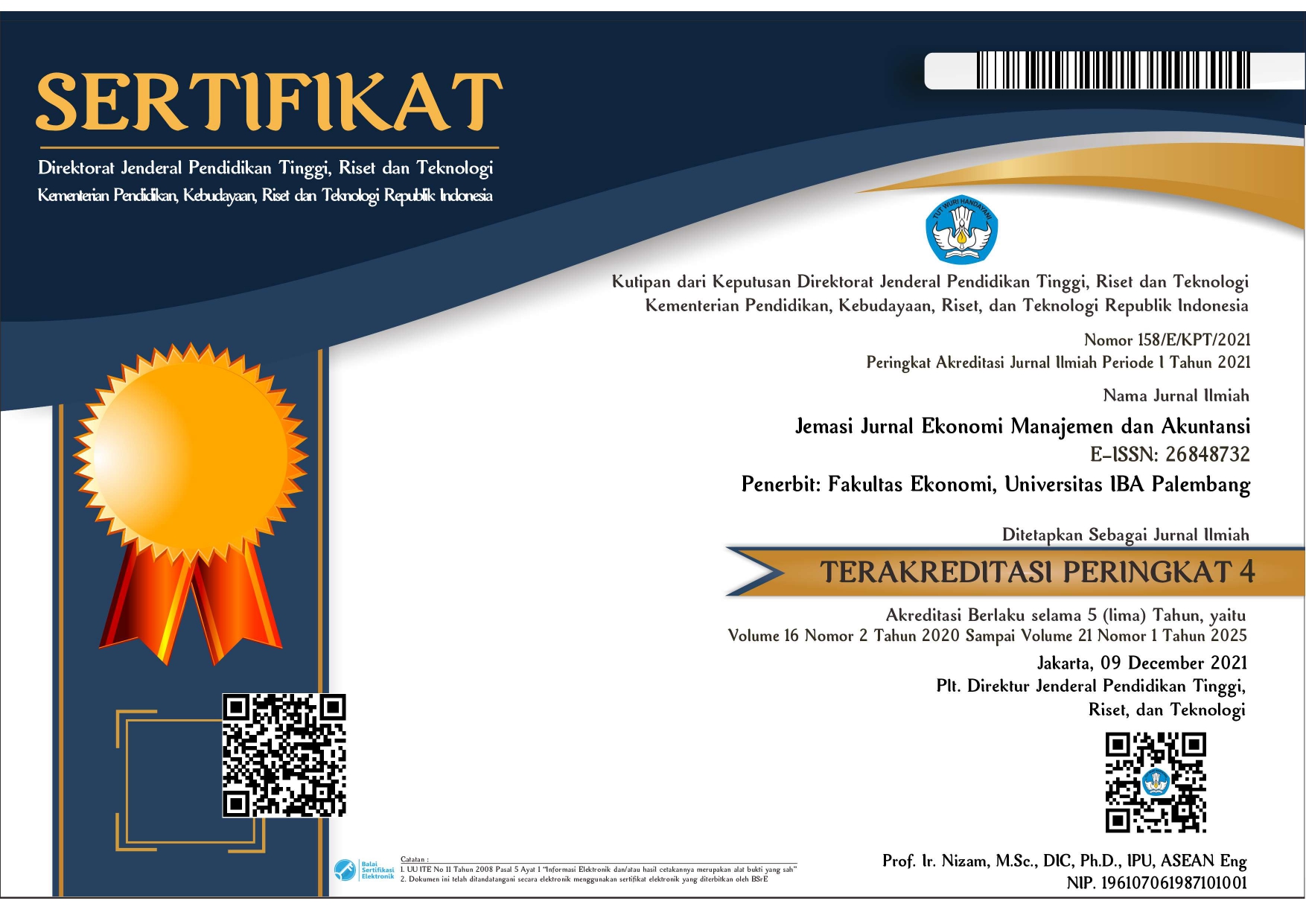TRANSFORMASI HIJAU: INOVASI PANGKALAN ELPIJI 3 KG MENJADI PUSAT ONE STOP SHOPPING SEMBAKO DI DESA SUNGSANG III
Abstract
Sungsang III Village, located in Banyuasin 2 Subdistrict, is a coastal area where most residents work as traditional fishermen. Due to its remote geography and limited access to essential goods and household energy, the local community struggles to meet daily needs efficiently. The existing 3-kg LPG distribution point has primarily served as a source of subsidized energy, despite its potential to be developed into an integrated one stop shopping unit for basic necessities. This study aims to identify the current operational conditions and formulate appropriate development strategies to transform the LPG depot into a community-based economic service hub. The research adopts a qualitative descriptive method using SWOT (Strengths, Weaknesses, Opportunities, Threats) analysis, supported by in-depth interviews, direct observations, and document analysis. The findings reveal key strengths such as a strategic location, established customer trust, and legal operational status. However, challenges include limited business capital, narrow workspace, and traditional management practices. Opportunities from BUMDes support, fisher cooperatives, and pro-local government policies create a favorable environment for collaborative development. Recommended strategies include maximizing internal resources, accessing microfinancing schemes, and involving local residents actively in operations. This transformation is expected to not only improve access to daily necessities for coastal communities but also stimulate inclusive and sustainable rural economic growth.
Copyright (c) 2025 Saladdin Wirawan Effendy, Pandriadi

This work is licensed under a Creative Commons Attribution-ShareAlike 4.0 International License.








